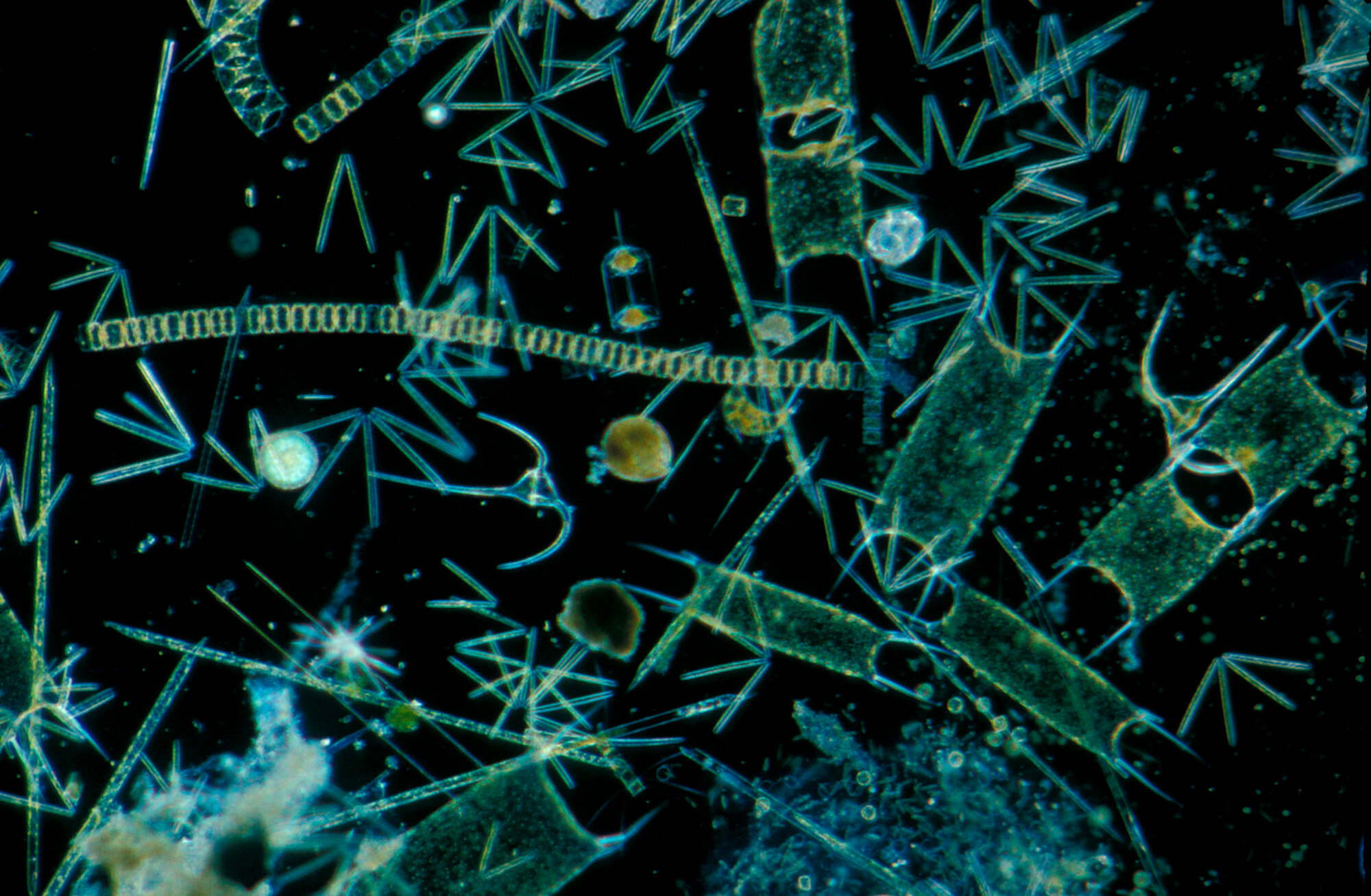Scenography-Workshop SOMETHING BLUE – Art of the future

Sat 15.06. – Thu 20.06.24
The future Pina Bausch Centre and the Szenografie-Bund are collaborating with the Wuppertal Institute and invite you after three successful workshops to the fourth and last of the series. The overarching theme is sustainability in stage and costume design – SOMETHING OLD, SOMETHING NEW, SOMETHING BORROWED, SOMETHING BLUE.
When: 15 June until 20 June 2024
Where: Schauspielhaus and future Pina Bausch Centre, Bundesallee 260, Wuppertal
Applications until 07 May 2024 under http://eepurl.com/ipKhWg.
You can find the detailed program here.
The program refers to scenographers, to all interested theatre makers, to people working on sustainability, and other experts in the arts, in technic, design, architecture, science, crafts, that wish to get more knowledge and exchange in this field. No special requirement needed. A willingness for conceptual work and discussion, reading and experimental play should be brought along. The workshop will be held in German.
The five-day residency SOMETHING BLUE – Art of the future offers space for reflection and exchange on the big questions that arise when it comes to working sustainably on a small scale, in everyday creation: What kind of scenography does a sustainable future need or a present that wants to become sustainable? And what do today’s scenographers need in order to become the scenographers of such a future? We want to discuss the conceptual dimension of scenographic work: What ideas, conceptions and terms shape its approach and are expressed in it? What interactions exist between scenography and its artistic and non-artistic environments? How can the demands of ecology, climate and resource conservation be made productively as artistic impulses? Sustainability is often seen as a limitation on artistic invention and creative freedom. The workshop explores other, more complex ways of linking the ecologies of space-creating practices with surrounding ecologies.
The starting point of our research in various artistic-discursive formats is formed by the 'blue' elements of air and water in their aesthetic, philosophical and eco-political meanings. What role do these fleeting and yet important substances play in the artistic and operational practice of theatre on the one hand and in life-sustaining earth systems and their preservation on the other?
The workshop will be led by Melanie Sehgal and Maximilian Haas and will focus on (play-based) discussion, collective reading, professional exchange, the examination of artistic works and working methods as well as spatial experiments. The 'spectrodrama' by Bauhaus stage designer Xanti Schawinsky (1904–1979) is used as an artistic method to explore the meanings of air and water. Philosophical ways of thinking are thus combined with artistic practices to open up ecologically sustainable and aesthetically exciting futures for scenography and the performative arts in general.
Melanie Sehgal is a philosopher and has been Scientific Director of the Institute for Basic Research on the History of Philosophy at the University of Wuppertal since April 2021. She researches process philosophy and classical pragmatism, praxeological approaches in the history of philosophy and science and technology studies as well as in the field of environmental humanities. Most recently, she co-edited with Alex Wilkie the volume "More-than-Human Aesthetics. Venturing Beyond the Bifurcation of Nature" (Bristol University Press 2024).
Maximilian Haas is a theater scientist and dramaturge, currently a guest professor at the Berlin University of the Arts. Most recently published books: "Tiere auf der Bühne: Eine ästhetische Ökologie der Performance" (Kadmos 2018), "How to Relate: Wissen, Künste, Praktiken" (Transcript 2021), "Schöpfen und Erschöpfen", Maja Göpel and Eva von Redecker (Matthes und Seitz 2022) and "Performing Climate Action(s): Ethik, Probleme und Ansätze nachhaltiger Produktionsweisen und ihrer Förderung in den Freien Darstellenden Künsten" (Transcript 2022). www.maximilianhaas.info
The workshops are part of the project “A holistic approach to the Pina Bausch Centre”, which is supported by the German Federal Cultural Foundation’s fund Zero – Climate Neutral Art and Culture Projects. Co-funded by the Federal Government Commissioner for Culture and the Media. Further support comes from the Ministry of Culture and Science of the State of North Rhine-Westphalia and the Sparkasse Wuppertal.